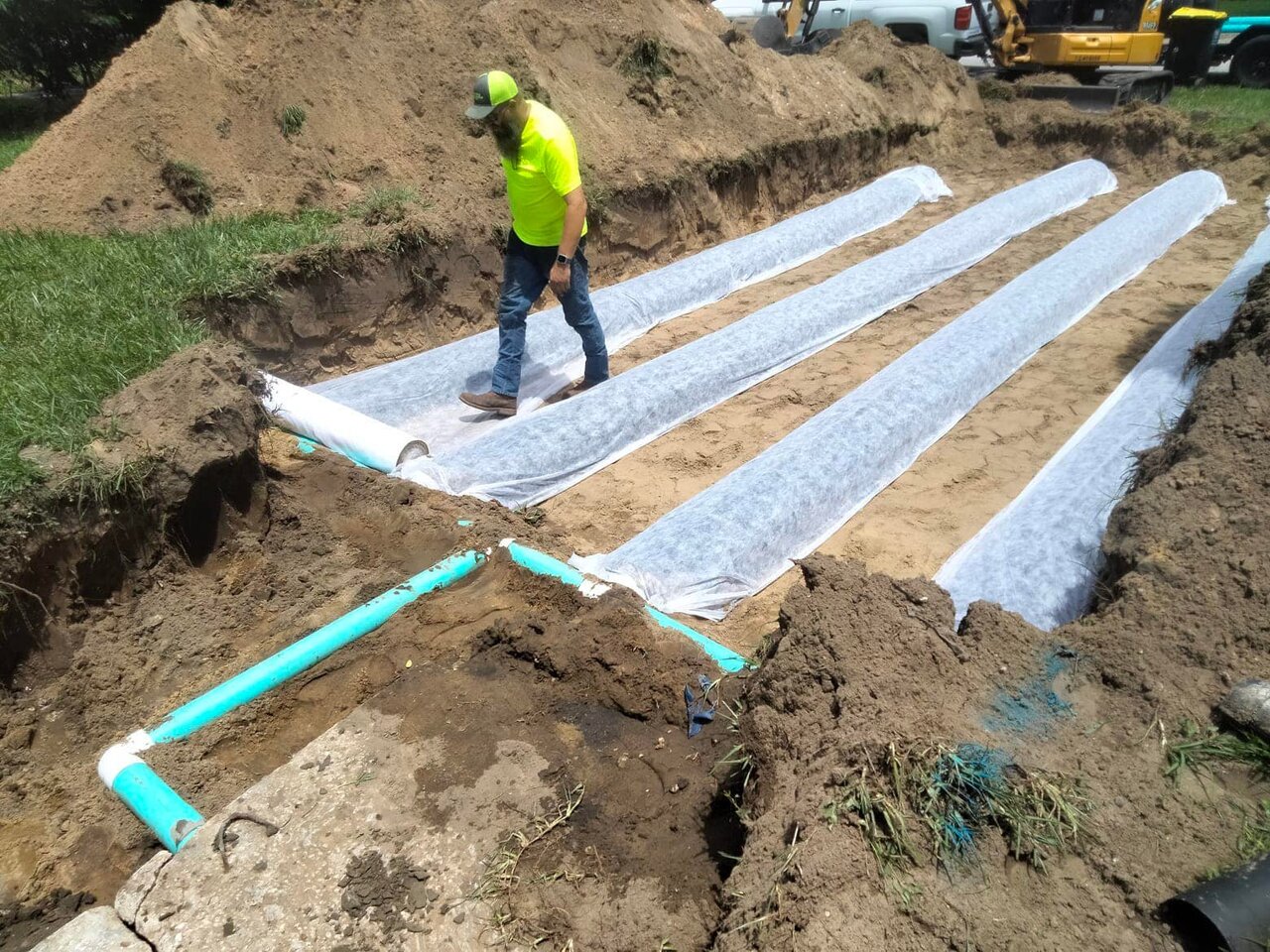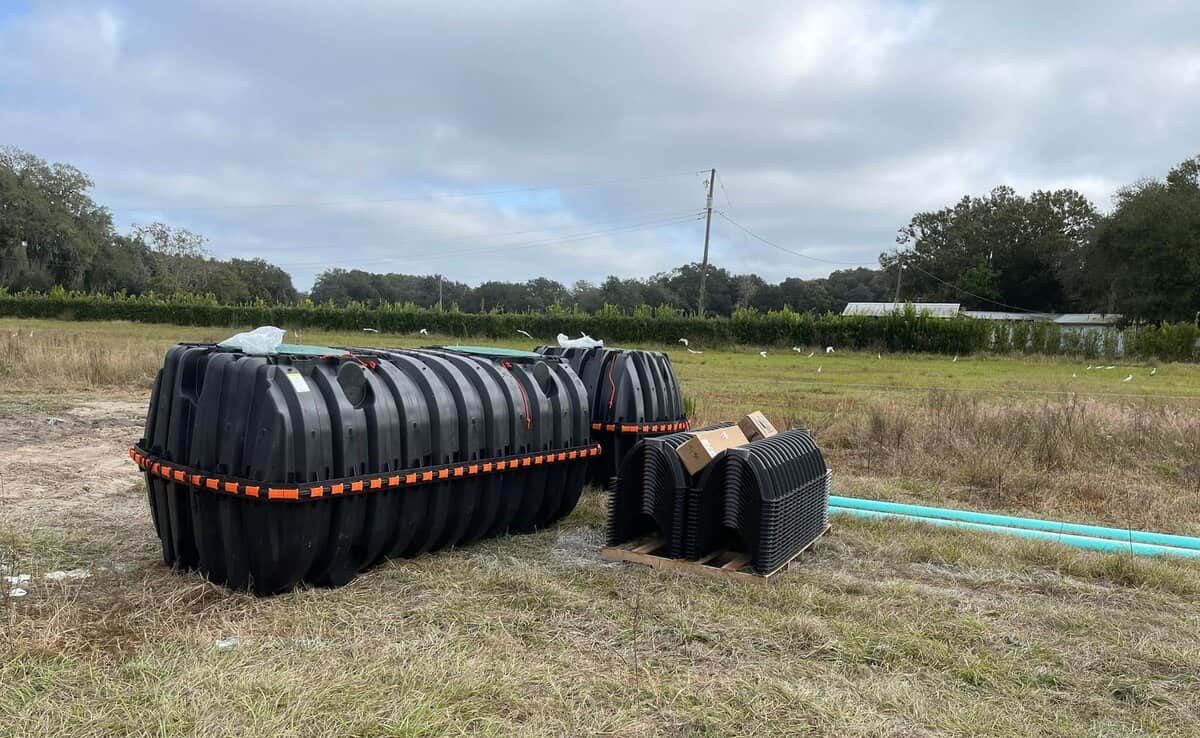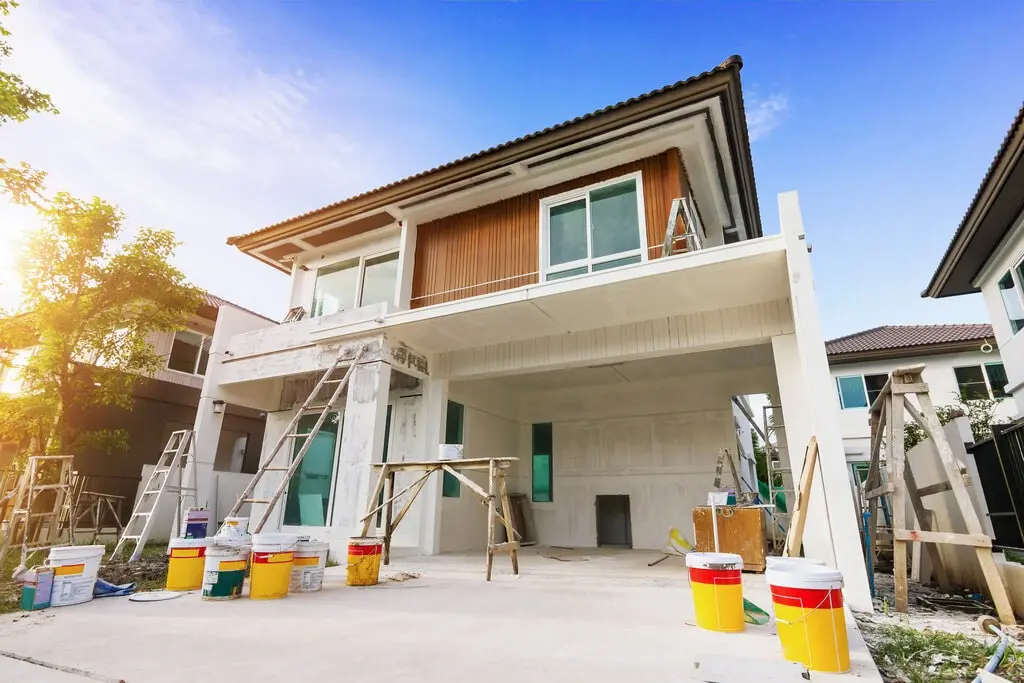Homeowners who live in areas that experience hurricanes or tropical storms need to understand how to best prepare their homes in advance. That can involve boarding up doors and windows, securing loose items that can become projectiles, and stocking up on necessities.
For homeowners with septic systems, it also means they should take steps to ensure that the treatment of their home’s wastewater can continue effectively during and after a storm.
When Is Hurricane Season?
Hurricane season in the Atlantic begins on June 1st and extends through November 30th. The peak months are August, September, and October. Hurricanes and tropical storms are massive weather events that generally move slowly enough that residents who might be impacted have some advance notice. It is always important to take tropical storm and hurricane warnings seriously and follow the guidance for how to best prepare – including what you should do to ensure that your septic system continues to function properly.
What Should Homeowners with Septic Systems Do Before Hurricane Season?
All septic systems need to be inspected and pumped periodically. Homeowners with septic systems should be certain to have them inspected and pumped by a professional at least every 3 to 5 years. This will ensure that the system is functioning properly and can handle the increased volume of water that comes with a hurricane or tropical storm.
Homeowners should also create an emergency plan for their septic system. They should know where the main components of their system are located and how to turn them off in the event of flooding. They should also have the contact information for their septic professional handy in case they need to evacuate and have to arrange for someone to pump their system after the storm has passed.

What Can Happen to a Septic System During a Hurricane or Tropical Storm?
Hurricanes and tropical storms are quite often accompanied by both heavy winds and significant rainfall.
In coastal areas where storms make landfall, there is also the possibility of storm surge – a rise in water level that can occur during a hurricane or tropical storm. It is caused by the combination of high winds and the low pressure associated with a storm system. The wind pushes the water ahead of it, and the low pressure pulls the water upward. This can cause water levels to rise several feet above normal levels. In addition, waves created by the storm can add even more height to the surge.
Generally, the components of a septic system are fairly well protected from high winds since they are either buried underground (septic tanks and pipes) or are literally part of the ground (drainfields). However, heavy rains or storm surge can cause a number of serious problems for septic systems, including:
- Flooding of the septic drainfield: When the ground around the drainfield becomes saturated with water, it can no longer absorb sewage effluent. This effluent then backs up into the home through drains, toilets, and other fixtures. It can also cause the system to fail completely.
- Saturation of the septic tank: If a septic tank is filled with water, it cannot treat sewage effluent properly. This effluent will then back up into the home.
- Surface flooding of the leach field: If stormwater or flood waters cover the leach field, it will not be able to properly filter effluent before it enters groundwater. This could contaminate groundwater supplies.
- If floodwaters rise high enough, they can also float the tank out of the ground, which can cause even more damage.
There are several things homeowners can do to hurricane-proof their septic system:
- Install a backflow valve on the sewer line to prevent sewage from backing up into the home.
- Install check valves on all drains in the home to prevent floodwaters from coming in through the drains.
- Disconnect any downspouts and gutters from the sewer line to prevent them from overflowing.
- Raise the elevation of the septic tank and sewage treatment system so that they are above the projected flood level.
- Anchor the septic tank to prevent it from floating out of the ground
Septic Care Following a Hurricane
The United States Department of Environmental Protection offers some guidance about what homeowners should do if their area was hit by a major storm.
- If your drain field has been inundated with water, it will not be able to process any additional liquid that comes in from the septic tank. You should avoid using your septic system – or at least minimize its use to the greatest extent possible – until the drainfield has had time to dry out.
- Do not have the septic tank pumped right away. Heavy rains mean that the ground around your septic tank is likely saturated, so pumping it means that it will weigh less. This could result in the pressure from the saturated ground around it pushing it out of place.
- Have a professional septic company do an inspection as soon as possible to ensure that there is no damage and to catch any small issues before they become serious.

If you live in an area that is prone to hurricanes or tropical storms, it is important to take steps to protect your home’s septic system. By having your system inspected and pumped regularly, and by taking measures to hurricane-proof it, you can help ensure that your system will continue to function properly during and after a storm.
The Best Septic Company In and Near Lakeland
Septic and Drainfield Depot is the place to go for septic service in and near Lakeland. As Florida residents, we have experienced how damaging hurricanes and tropical storms can be, and we are committed to helping our neighbors – homeowners and business owners – with all their needs for septic services after a hurricane or at any other time.
From septic tank pumping to drainfield installation or lift stations, our experienced septic technicians are committed to doing the job right the first.
Contact us today to schedule an appointment for a free estimate or to ask about our septic financing options.







